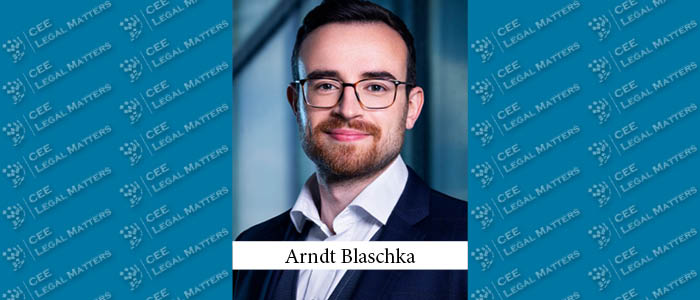With the ongoing commitment to reform and opening to the outside world and the steady implementation of the Belt and Road initiative, the percentage of China’s entire trade regime accounted for by international technology is growing larger and larger. International technology licenses are among the major forms of technology trade between countries. Due to the differences in legal systems, legal regimes, and legal cultures of the various trade participants, lawyers are highly encouraged to pay particular attention to the following issues when drafting and reviewing international technology agreements.
Top Six Tax Topics Across SEE
Slovenia: Fine-Tuning of the Tax System
In the beginning of 2018, Slovenia introduced several minor and mainly administrative changes to its tax legislation, mostly addressing and resolving inconsistencies in the legislation that had been detected in practice.
New Tax Code Changes Require Brand New Tax Dispute Strategy
The traditional methods of tax audits and tax litigation in Hungary will soon be a matter of the past, as three new codes have recently been adopted by Parliament and will come into force on January 1, 2018. Naturally, they are a hot topic in the industry.
Tax System in Macedonia
The last decade of the previous millennium set the Republic of Macedonia on a new course, with EU & NATO integration a number one priority for the country in the Western Balkans. This new course meant that reforms in almost all areas of state management were inevitable.
Improvement of the Measures Against Tax Evasion and Tax Fraud in Bulgaria
One of the defects of the Bulgarian tax system and of the enforcement authorities in Bulgaria – the lack of direct access to information for the purposes of administrative cooperation (the automatic exchange of information) between the relevant authorities and legal entities – is on its way to being resolved.
Tax Incentives and Tax Exemptions
Taxes are the most important instrument for the collection of revenues in the Bosnian and Herzegovinian economy and represent the largest portion of revenues for the country.
Operation Through Permanent Establishment in Moldova
The Republic of Moldova is a small Eastern European country with a market economy in development. Since its independence, Moldova has been keen to open its borders to foreign investment to vitalize its economy. To this end, Moldova has passed numerous legislative reforms to protect investments and encourage cross-border transactions.






























